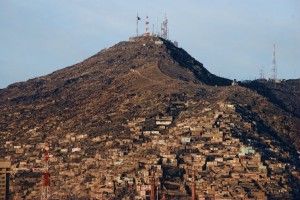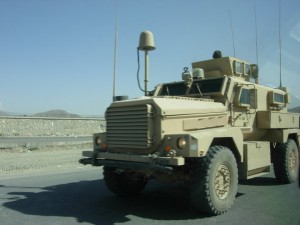Kabul, Afghanistan

I hope these people get what they want, what they’ve always wanted, an Afghanistan where they can lead normal lives. Where they have food, water, healthcare, education, dignity and above all, peace. I hope the 2014 transition will be relatively peaceful but the potential for another prolonged conflict is still very much present.
I found Kabul to be strikingly similar to Quetta, Pakistan. While my personal security detail didn’t allow me alot of freedom of movement, I took advantage of every opportunity to talk to Afghans about their lives and get their opinions on the war. I had expected some negative treatment for being Pakistani but the opposite wound up happening, I received exceptionally warm treatment because of it. It turns out many Afghans feel Pakistan treated them very well when millions of their refugees streamed across the border during the war with the Soviets. Many received their educations in Pakistan and expressed feelings of gratitude towards a country that treated them like their own to the point they almost forgot they were refugees.
My compound was in the Shash Darak area near the main ISAF base. I went out to dinner to several of the well-known restaurants that cater to international workers like myself. Dinner often ran over $50 per person including one or two drinks, which initially surprised me. But then war profiteering often works out like that. America basically dropped a large container of money on Kabul when it invaded it and it shows. Suitcases of $100 bills make their way around the city in armoured Landcruisers like Dominos pizza deliveries. Guns, contracts, narcotics, political favors – they all have a price.


Recent Comments